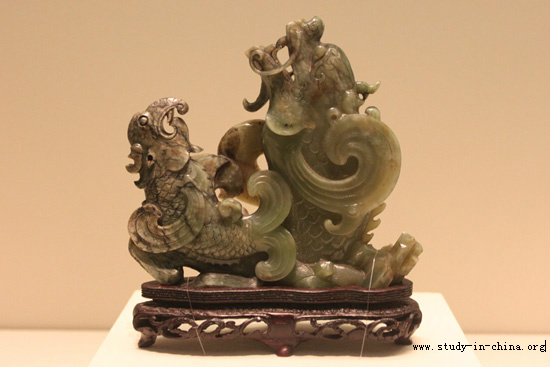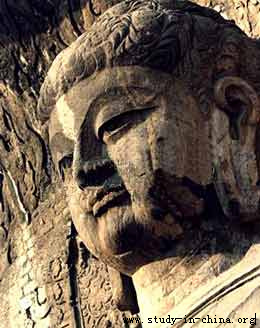| Home > China Feature |
China's Higher Education
|
The institutions to implement higher education include universities, colleges, and professional schools of higher education. Schools of higher learning undertake teaching, scientific research, and social services. Chinese universities are divided into several categories: some directly under the Ministry of Education, others run by provincial, autonomous regional, and municipal governments, still others run by local center cities, as well as by communities. Chinese universities and independent colleges are equal institutions of higher learning. China has established a very strict enrollment examination system to guarantee the quality of enrolled university students. Only those students who have received high school graduation certificates cm go to college after passing the national entrance exam. China's full-time institutions of higher learning have two semesters in a school year (three semesters in some colleges). The first semester begins in early September, while the second in mid-February. One semester usually lasts about 2Oweeks,with students having fives days of study every week. Besides winter and summer vacations, students also have one day off on New Year's Day, and three days off respectively during the Spring Festival, on International Labor Day and National Day. There are no other holidays during the whole semester. China's academic degree system China's academic degrees include bachelor', master' and doctor's degree. Disciplines include philosophy, economics, law (including politics, sociology, ethnology, etc.), mathematics, pedagogy (including sports science), literature (including linguistics, arts science, library science), history, natural science, engineering science, medicine, management science, and military science. Bachelor's degree is conferred to undergraduates of universities and colleges who have finished all requirements in teaching plans, reporting goods academic records in curricular subject studies and graduation theses. Master's degree is conferred to postgraduates of universities, colleges, and research institutes who have passed all examinations of subject studies including graduation defense. Doctor's degree is conferred to Ph-D Students of universities, colleges, and research institutes who have passed all examinations of subject studies and graduation oral examinations. Teaching and scientific re-search in China's universities Teaching in China's universities is strictly implemented according to teaching plans and teaching programs. Teaching in universities usually includes classroom lecture, classroom discussion, experiment class, exercise doing, and guidance class. In line with classroom teaching, other teaching forms are also organized, such as on-the-spot teaching, visits, practice teaching, and social investigations, in a bid to reinforce the effect of classroom teaching, and improve students, ability of doing practical work and using the knowledge they have learned. Libraries and reference rooms are open to students both at the university or department level, creating good conditions for students, study and research. Universities and colleges are well equipped with modernized teaching facilities to make sure all teaching plans should be realized. Scientific research in China's universities and colleges is an important driving force to developing science and technology and fostering the economic construction. By September of 2000, China had 1,041universities and colleges, with graduate students totaling 301,200, and undergraduate students 5.5609 million. These universities and colleges have established 102state key laboratories and open research labs, as well as36 state engineering research centers. Universities and colleges play an important role in China's scientific research. | ||
|
|
Art
 more
moreChina Beijing International Diet ...
Recently, The hit CCTV documentary, A Bite of China, shown at 10:40 ...

Exhibition of Ancient Chinese Jad...
At least 8,000 years ago, Chinese ancestors discovered a beautiful...

Longmen Grottoes
The Longmen Grottoes, located near Luoyang, Henan Province, are a tr...

Custom
 more
moreWeb Dictionary
Martial Arts
Hong Kong Children's Symphony performs in Seattle
Under the theme of Tribute to the Golden Age, a concert featuring a ...
Beijing plan to hold Sand Sculpture Festival
The Beijing Sand Sculpture Festival is in the last phase of prepar...





 print
print  email
email  Favorite
Favorite  Transtlate
Transtlate 







